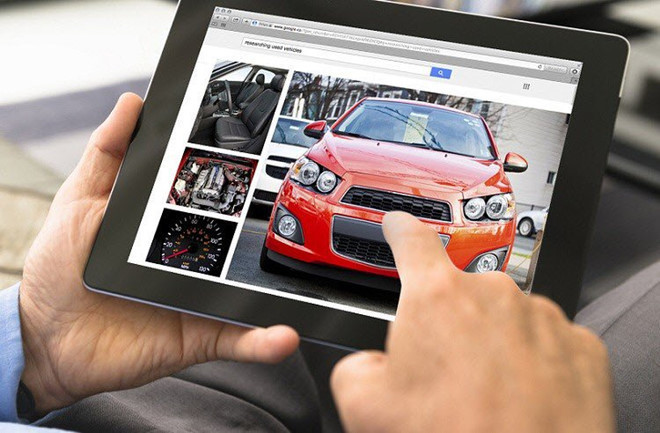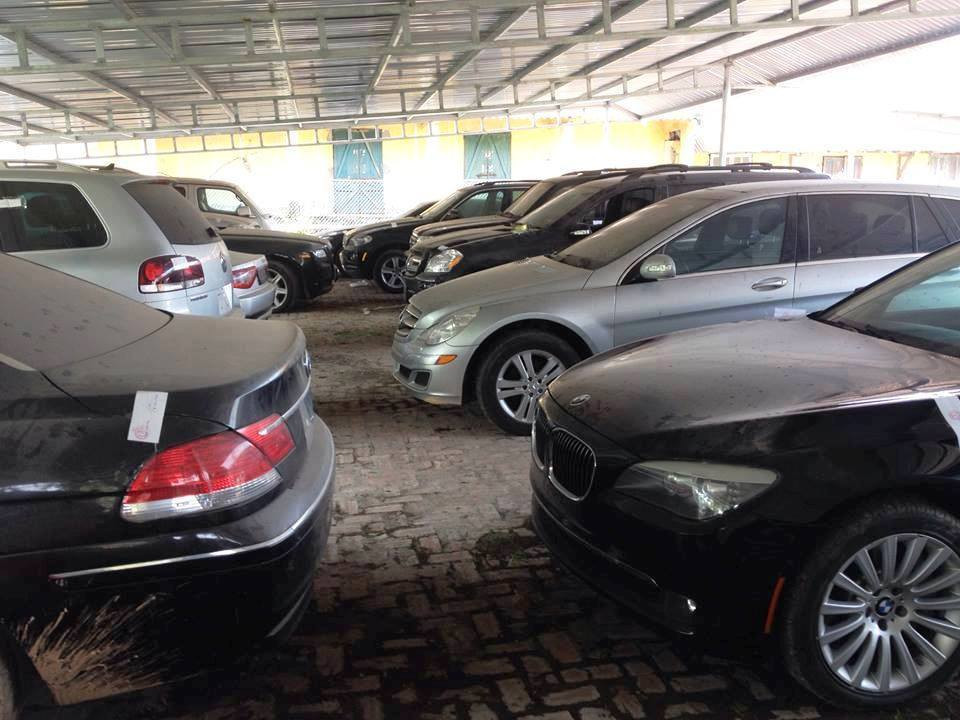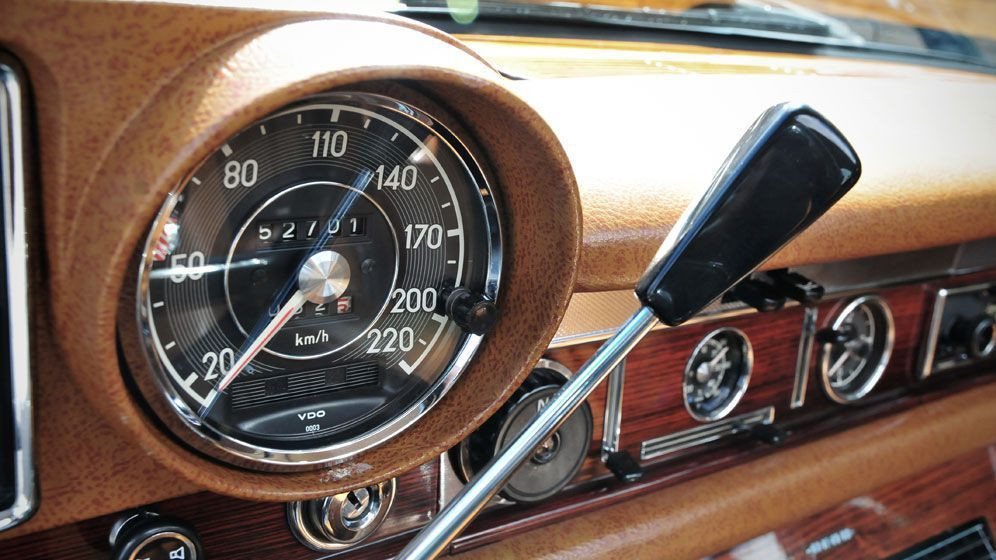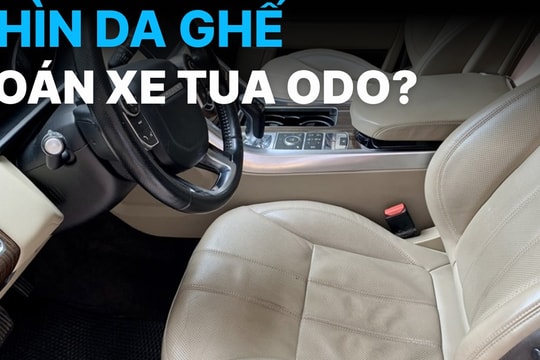Tricks to cheat used car buyers: Know and avoid
Used cars are now the choice of many customers. Car dealers also take advantage of this preference and have many sophisticated tricks to increase the value of used cars, in order to sell them at the highest price.
1. Deposit fraud
The seller will advertise the car for sale in a locality far from a big city at a price that is quite cheap compared to the market price. When the buyer sees the bargain price, he thinks he has to put down a deposit right away, otherwise someone else will buy it first. In the end, both the car and the seller disappear, unable to be contacted.
 |
Do not buy a car online. |
To create trust, the scammer will post the car for sale as a trusted salon, but the car photos will be taken from many sources online or taken secretly somewhere.
Therefore, buyers should go to the place to see the car directly or ask the seller to take full photos of the car registration, ID card, and permanent residence to have a basis for the transaction. If the salon is selling, it must have a specific address and business registration.
2. Salons "save" money from both the seller and the buyer.a
The car salon is an intermediary between the seller and the buyer. The seller wants to find a buyer quickly and easily calculate the price, so he consigns the car to the car salon. After finding a buyer, the salon will receive the entire amount from the buyer, but only pay a portion to the seller.
Therefore, the seller needs to make a clear contract when signing the consignment about the time of delivery and the requirement to meet the buyer when there is a transaction. For the buyer, it is advisable to meet the owner to make the transaction.
3. Turn old, damaged cars into "shiny" cars
 |
If consumers do not go to reputable garages or car salons, they can easily buy cars that have undergone major repairs, accident cars, old, broken cars, flooded cars... |
When looking to buy a used car, if consumers do not go to reputable garages or car salons, they can easily buy a car that has undergone major repairs, a car that has been in an accident, a dilapidated car, a flooded car...
Because old cars, or cars that have been in accidents, or broken taxis, garages buy them back for only 200 - 300 million VND, after "touching up" they can sell them for double the price. Because of the high profits, many used car dealers have "magically" turned accident cars, old cars into "shiny" cars to trick customers.
4. Fake documents
This is a form of fraud that traders often use for vehicles that are mortgaged to banks or are in dispute, or smuggled vehicles. The fake documents are made to be 90-95% similar to the real documents. In this case, when buying a car, it becomes evidence of the case and the possibility of getting the money back is very low because the fraudster has escaped.
To avoid risks, the buyer should transfer the ownership. When transferring the ownership, the police will check the old registration and can detect real and fake documents.
5. Speedometer
 |
Speedometer taping is one of the tricks used to trick used car buyers. |
The odometer is always the index that used car buyers care about the most. Other factors such as body quality and interior are only relative qualities.
Many technicians explain that revving the odometer up/down does not affect any other technical factors on the car. The odometer is often designed by car manufacturers as an independent counter, whether mechanical or electronic, separate from the remaining mechanisms. However, changing the number of kilometers traveled indirectly affects the overall quality of the car, especially with luxury cars that have many details that need care and maintenance.
Moreover, when the number of kilometers is incorrect, it will directly affect the warranty period of the vehicle. This can cause damage during use.
6. “Failed” financial trick
The scheme goes like this: a person comes in to buy a car, looks around, finds a car they like, and agrees to buy it with their available finance. Everything goes perfectly until a few weeks later, they get a call from the dealer. They inform them that their finance deal has fallen through because they have bad credit and are forced to pay more because of it.
This trick often targets people who are not familiar with their transaction history and this clause is often printed in small print in the contract so that the signer rarely pays attention to it.


